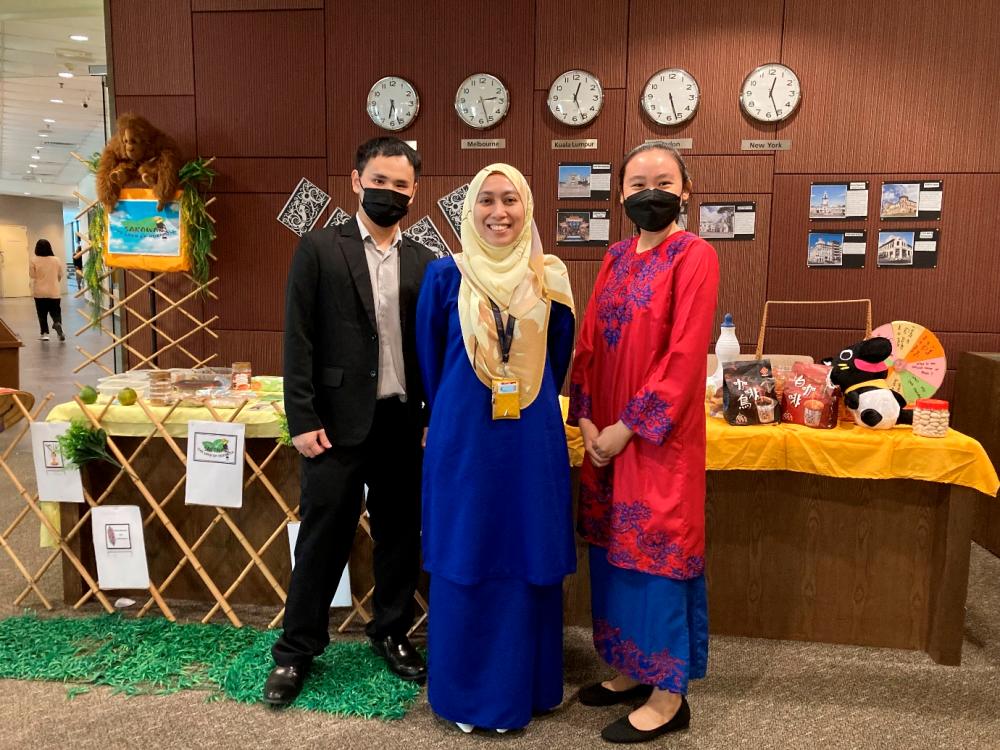Culture, diversity, norms, and rituals are all aspects of our social identity that influence our behaviour, attitudes and thoughts which are portrayed through our actions. Our actions demonstrate how we think differently, just as each person distinguishes themselves with their own culture.
Cultural influences are very unique and authentic, and the stronger the promotion and unity of cultural values, the stronger the cultural values will be in any society. Hence, organizational culture plays an important role in internationalisation because it reveals intercultural differences within the organization. Institutions with strong organizational cultures will benefit from these differences by applying cultural diversity.
By fostering an effective organisational culture without neglecting the development of “civilization” and a solid understanding of culture, organisations can gain significant competitive advantages. Kroeber and Kluckhohn both strongly agreed that involving the “intercultural side of culture” through mind, tastes, and norms of behaviour is part of purifying and combining the systems of societal behavioural patterns. As it is known, language roadblock is very challenging for the community. Through effective translations, the real risk of communication within the multicultural community can be reduced.
Communication may be lost in translation among multicultural colleagues. Even worse, nonverbal communication is such a delicate and nuanced aspect of shading part of cultural interaction that it can lead to misinterpretation between colleagues of different nationalities. It consists of gestures, physical space, as well as maintaining eye contact, and there can be significant differences between cultures. Even a simple handshake has social implications that should be considered in a work environment. In actual fact, culture is everything produced by man and how human applied results are related to society’s perceptions.
This is linked to humans’ ability to consider how they appear on stage and evolve character in order to comprehend human existence. Culture can be divided into two beliefs: national norms and degradation norms.
National norms adhere to human traditions and values only within his or her own culture while still showing respect for other cultures. As for degradation norms, these norms will involve adaptation issues within the group and will have to make the situation known the situation. In essence, culture is the combination of knowledge, beliefs, morals, traditions and habits possessed by a community.
Indeed, the School of Tourism from Berjaya University College (BUC) has observed that the main factor behind the success of institutions is related to the diversity of intercultural.
Recently, the School of Tourism collaboration with ERASMUS + Programme of the European Union (FRIENDS) did organize the “Intercultural Day Embracing Diversity and Inclusivity” in June 2022.
The Intercultural Day consists of:
• Malaysian Culture Exhibitions
• Traditional Clothing Donation
• Traditional Cuisine Demonstration
• Bengkel Penulisan Cerpen (Short Story Writing Workshop)
• FRIENDS Reunion
• Traditional Games Competition
• Batik Painting Workshop
• Wayang Pacak (Summer Theatre)
• TBest Dressed Competition
• Traditional Attire Display
We ensure students are equipped with intercultural diversity knowledge, and the ability to be creative and effectively responded to real-world industry evolutions. These collaborative efforts provide an avenue for our students to experience the industry first-hand and be fully immersed in the industry. School of Tourism from BUC is our guiding philosophy and practice to bring out the best in every young aspiring tourism and events professional under our wing.
If a dazzling career in the exciting world of tourism and events is what you desire and full of passion, do enrol now and allow the School of Tourism from BUC to be your polishing ground!














